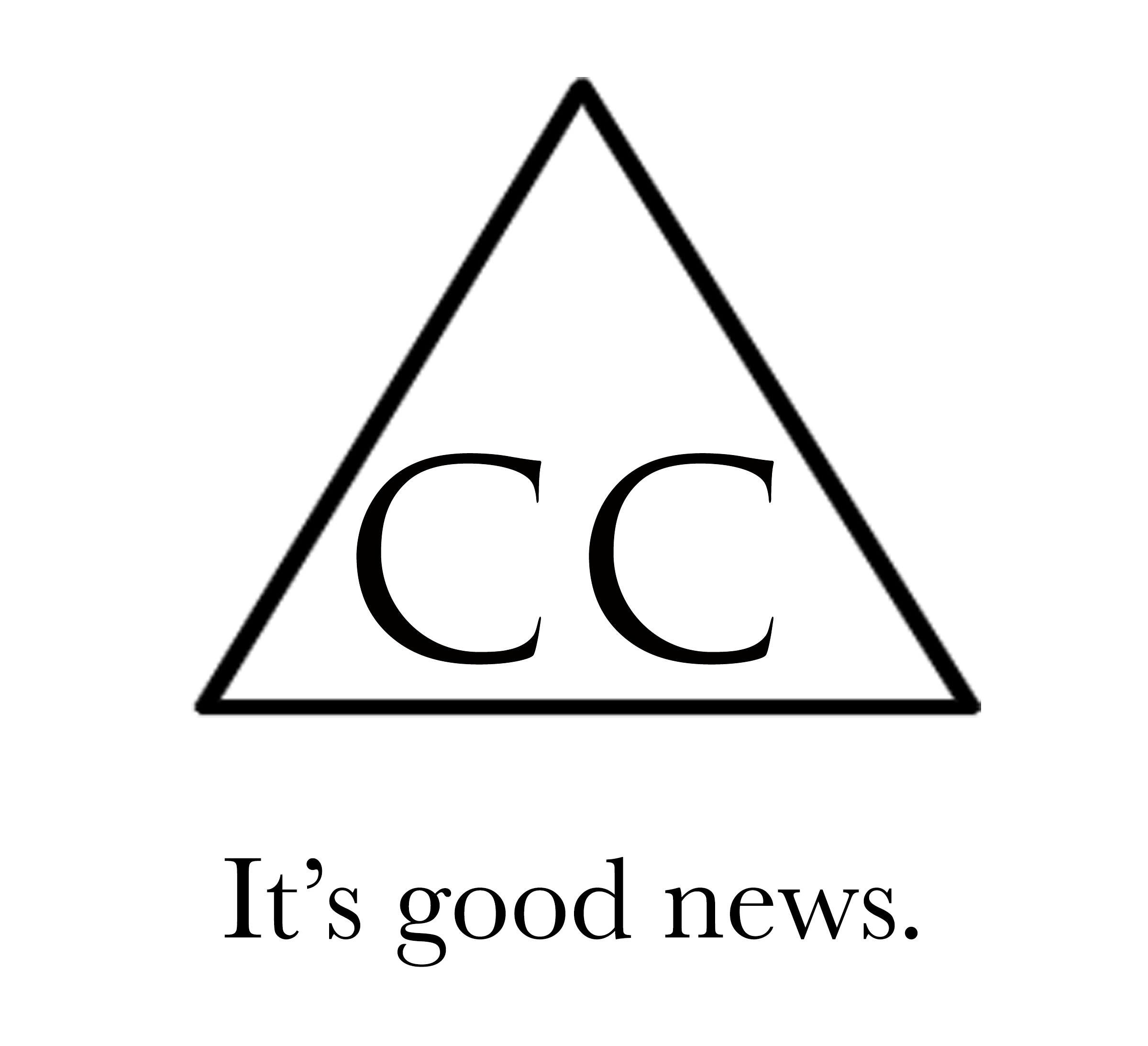GREEK TO ME
Cordelia's primary mode of transport in Greece. (We resorted to digital in the ruins.)
KAMARI, SANTORINI, GREECE
"Ah, Cor-dé-lee-ah," the waiter sounded out, " like our word for ribbon, "kordella!" "Пολύ ωραία, how beautiful!" I reciprocated, delighted by this new layer to Cordelia's name. At the end of my pregnancy, we were inspired by King Lear and confirmed our choice after finding French origins in coeur de lion, i.e., "lion-hearted." She is living up to her name...
"Cassandra" is as Greek as can be and literally means "helper of man," although mythology paints a less flattering picture. In spite of her tragic fate, my Greek namesake has given me poetic joy all my Midwestern life.
Bret and William's names don't exist in Greek. They can't even be pronounced but rather suggested by combining letters to approximate W and B: William -> Ουίλιαμ/Uiliam, Bret -> Μπους/Mpret. The modern Greeks have neither W nor B. The Ancient Beta still looks like a B (β) but now sounds like V instead.
The Unpronouncables.
In the last twenty years, I've taken five cracks at Greek. First in in 1998 when I retained little because Bret sat near me in class. I tried again when he and I toured Crete in 2002, then in graduate school while studying Ancient Greek (Modern Greek is about one third Ancient, one third Turkish, and one third European mash-up). My most recent effort came a few years back when I enrolled William in Greek pre-school and we learned some three-year-old basics together.
This visit's immersion has been very happy-making for me, and the Greeks are generous about my efforts. They suppose it a hard language to learn but Greek actually makes sense to me; unlike French you pronounce most of the letters, except for a confounding sextet of two-letter vowels. As in the romance languages, nouns have genders and you conjugate verbs but unfortunately you also conjugate pronouns. At least there's no conditional tense: "I would like" and "I will like" get the same treatment. I imagine language learning like a Pollock painting...you keep splattering a canvas until something comes together. (I think parenting might function the same.)
OIA, SUNSET CAPITAL OF THE WORLD
Last night we had our first and maybe only date night of the trip in iconic Oia, Santorini, a place that even non-Santorini Greeks herald "the best village in Greece." It's an upscale sunset circus built into cliffs and filled with internationals who alight street-level churchtops with selfie sticks. My sunset, food, and dinner companion, however, lived up to the hype.
AMAZED IN AKROTIRI
Truly horizon-expanding was our visit to the prehistoric Minoan port town of Akrotiri, the hemisphere's standout society from approximately 2500 to 1627 BC when it was destroyed by the volcano that shaped Santorini’s iconic crescent shape. Likely the Atlantis of lore and a far older "Greek Pompeii," it began to surface in 1956 when an earthquake razed Santorini and previewed the world beneath. In 1967 it was rediscovered by archaeologist Spyridon Marinatos who began excavations for a year before being joined by one Christos Doumas. Marinatos died in an accident on the site in 1974 and is buried there; Doumas also never left and, age 83, is still at work on the project. The fallen volcanic ash delicately preserved the city, down to a kitchen handprint and richly colored frescoes on display in Fira and Athens. But no traces of human or pet remains nor any valuables have ever been found. This tells us that the locals heeded earthquake warnings and evacuated before a volcanic eruption that is equated to forty thousand atomic bombs.
William staggered by the atomic bomb volcano stat.
This preservation by ash has shown us what a sophisticated place the Minoans called home, a cosmopolitan enclave of some 4000 inhabitants who were well-travelled, dined on a Mediterranean diet of fish, escargots, wine, fava beans, and even souvlaki (Greek BBQ). Their architecture was complex, they filled their walls with art, prioritized beauty (faces and nails are painted, hair is coiffed), and they were technically savvy with indoor waterworks. Their location near today's Turkey, Egypt and mainland Greece made for the ideal trading post between Europe, the Middle East and Africa to which they owed their wealth.
Heartened that the Therans had fared better than their counterparts in Pompeii, whose tiny mummies stunned my imagination on a visit years ago, we quickly sobered to learn the volcano's resultant tsunami most likely swallowed them whole on the heels of their retreat. We'll never be any closer to knowing their final fate and, after 50 years of excavating efforts, the work at Akrotiri is only 5% complete*, so we have a lot to look forward to. Or, I should say, our descendants do.
We learned all this on a private tour led by a fabulous guide, Eugenia, whose name means polite but who did not hold back when it came to shooing eavesdroppers.
Eugenia the Polite.
GASTRO SCENE
William waits for lunch.
After leaving Akrotiri, we stopped by Santo Wines for lunch with the open expectations it's wise to travel by. Stunned over perfect Santorini salads and the best dining view of our lives, we sipped flights of whites above the Santorini caldera, another unforgettable and unexpected experience in a striving country whose great history looms large. Greece is a ribbon of surprise, a complex ribbon that, like Cordelia, has forever tied itself around our hearts.
Love among the ruins.
*There are fewer archaeologists available to Greece than can meet its archaeological needs. To be fair, the government spreads them out, and Akrotiri only gets the experts two months a year, in June and October, which explains the pace of work.














